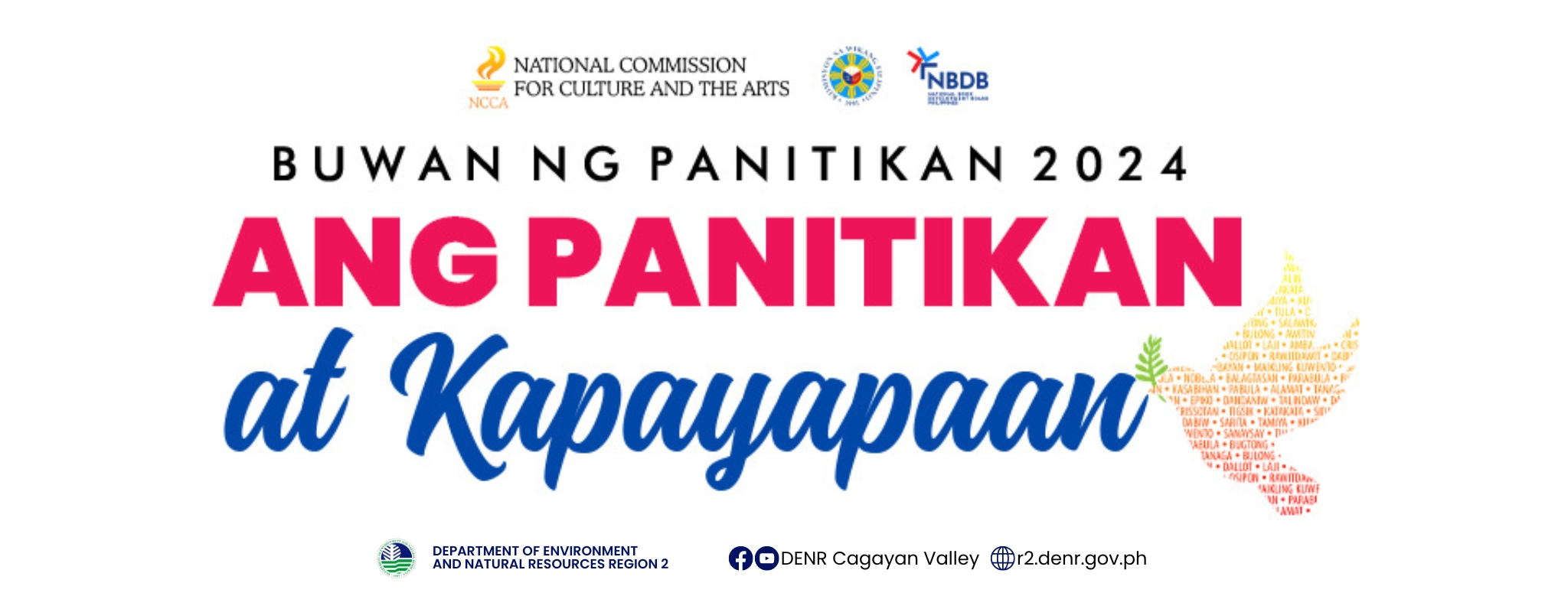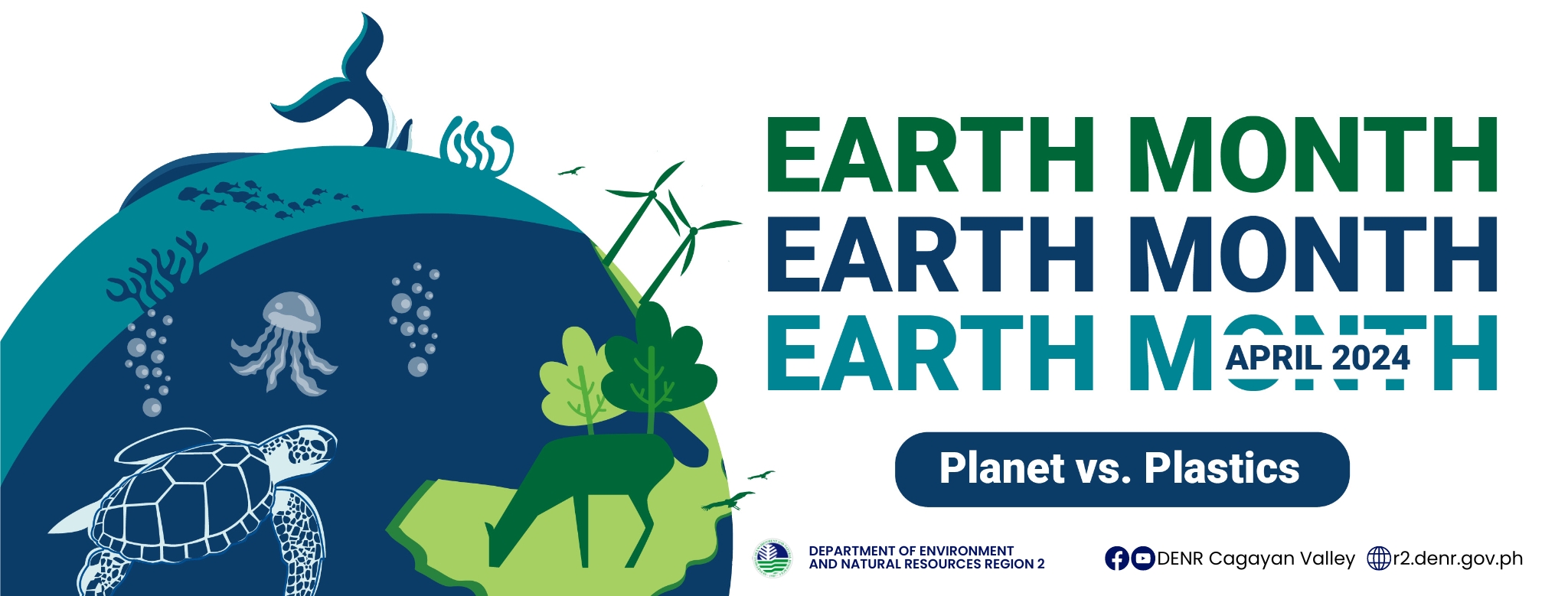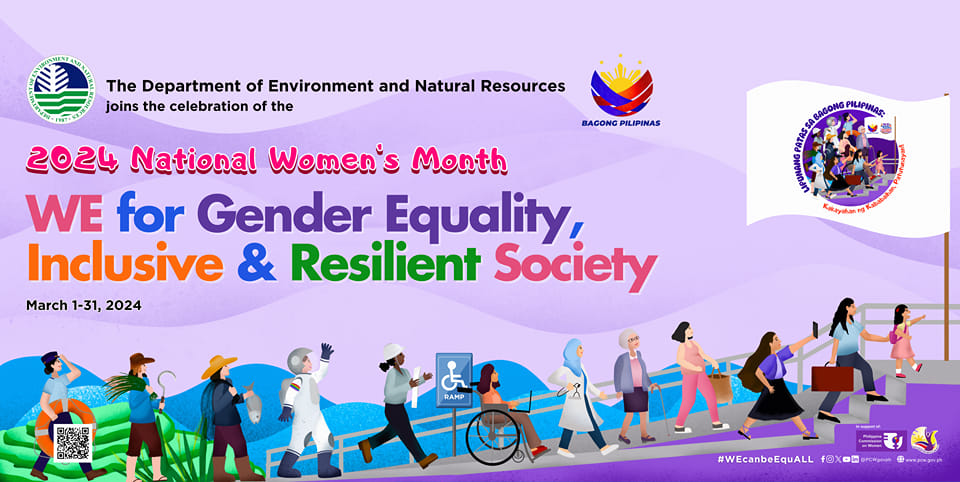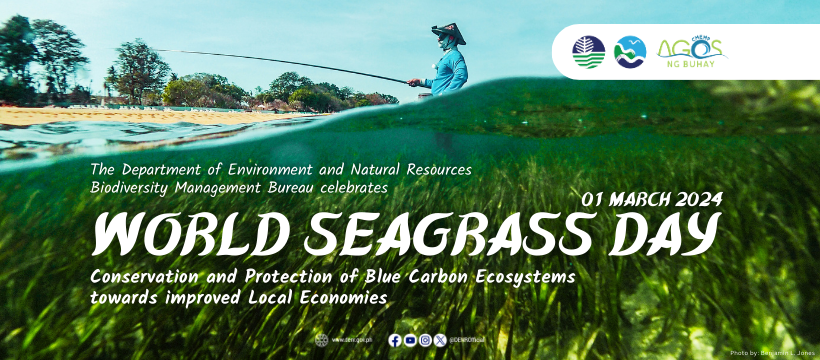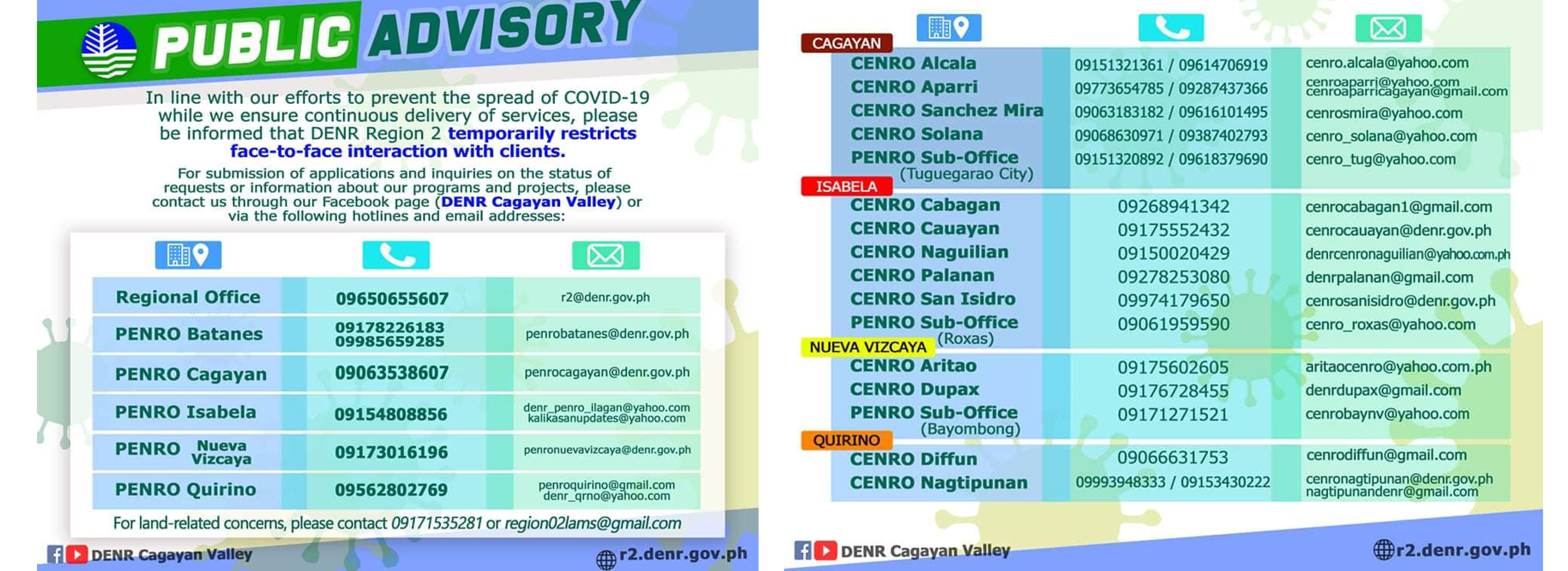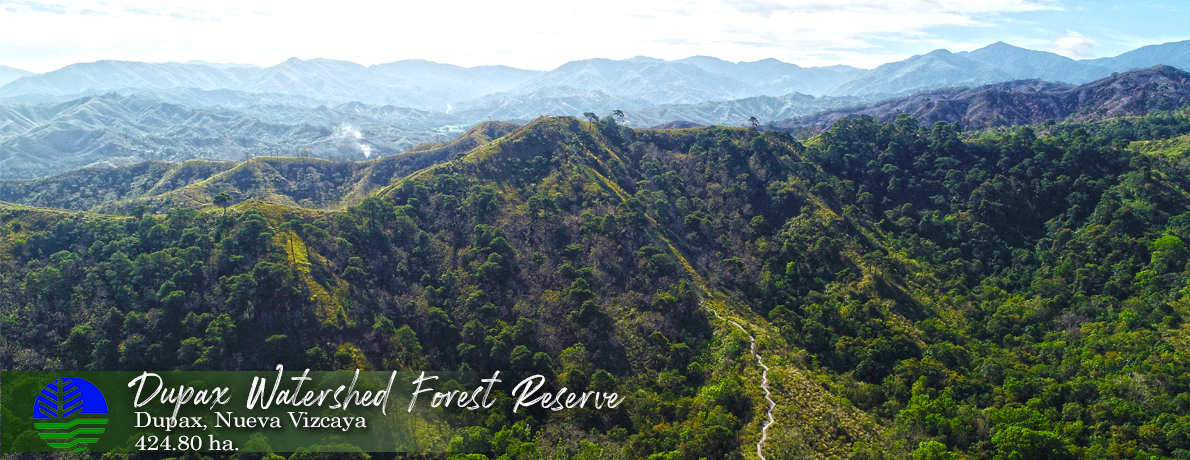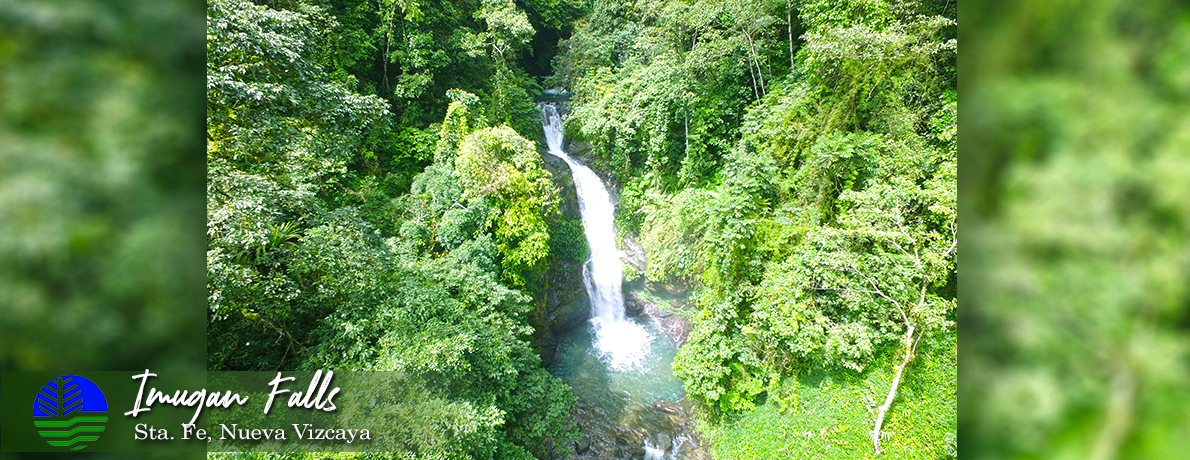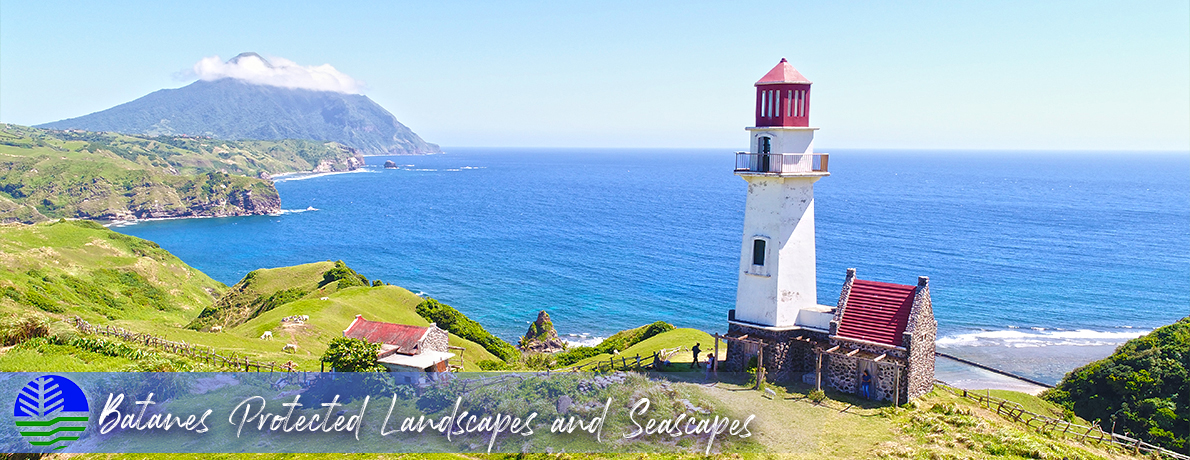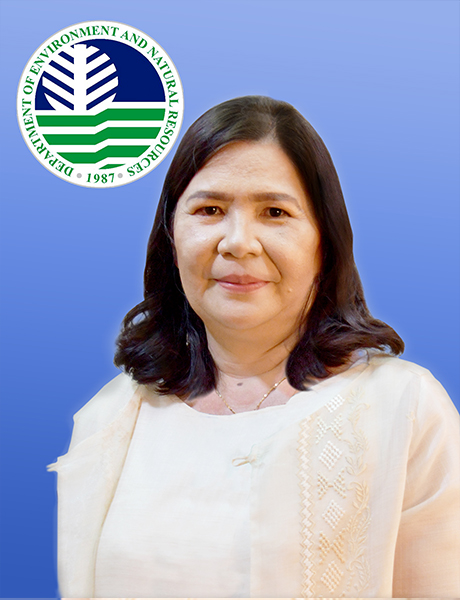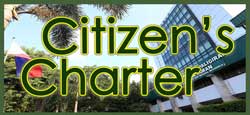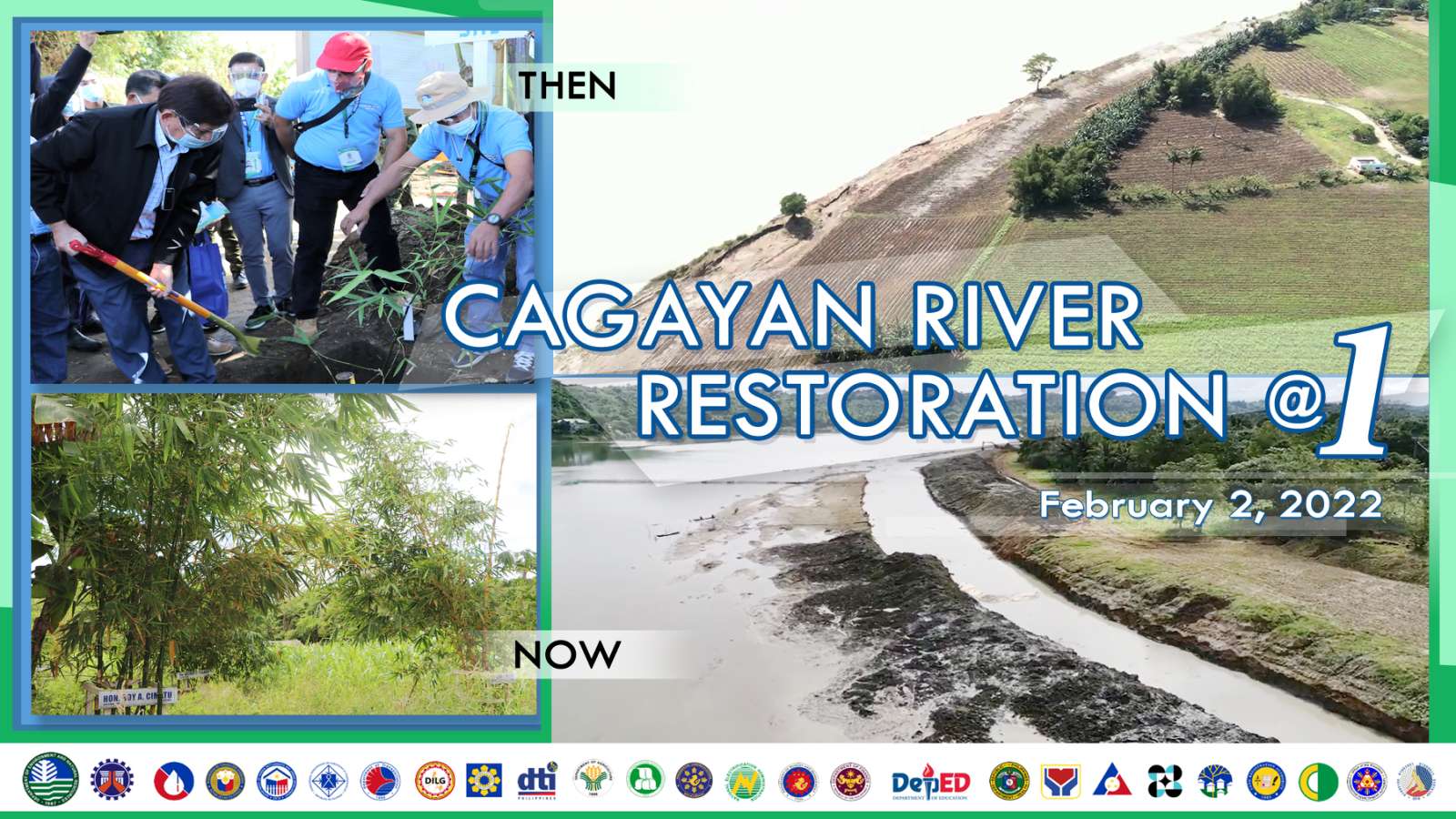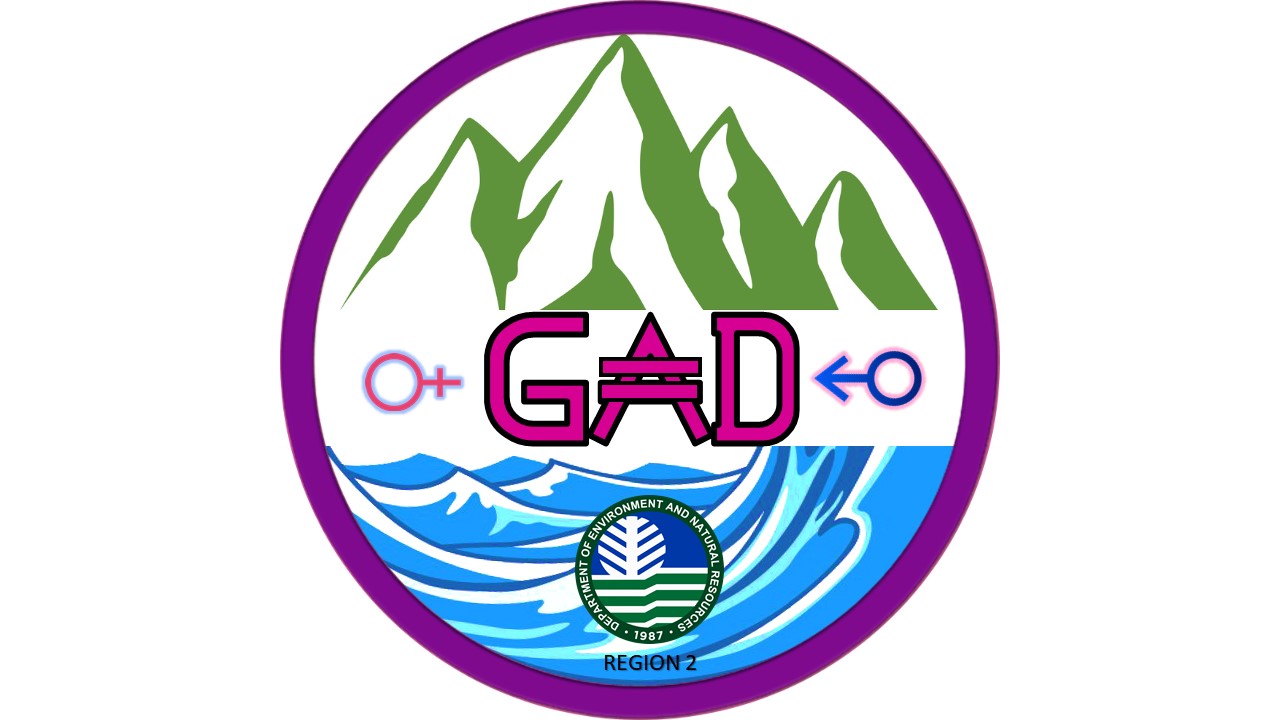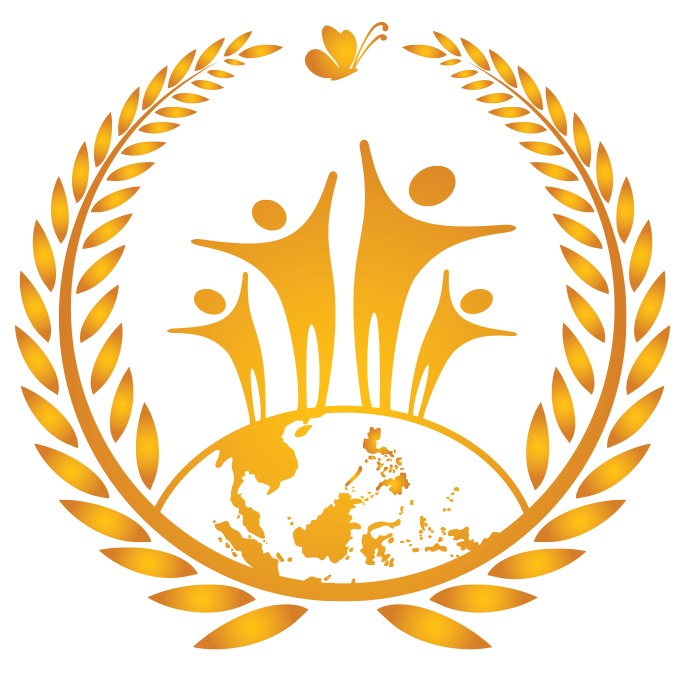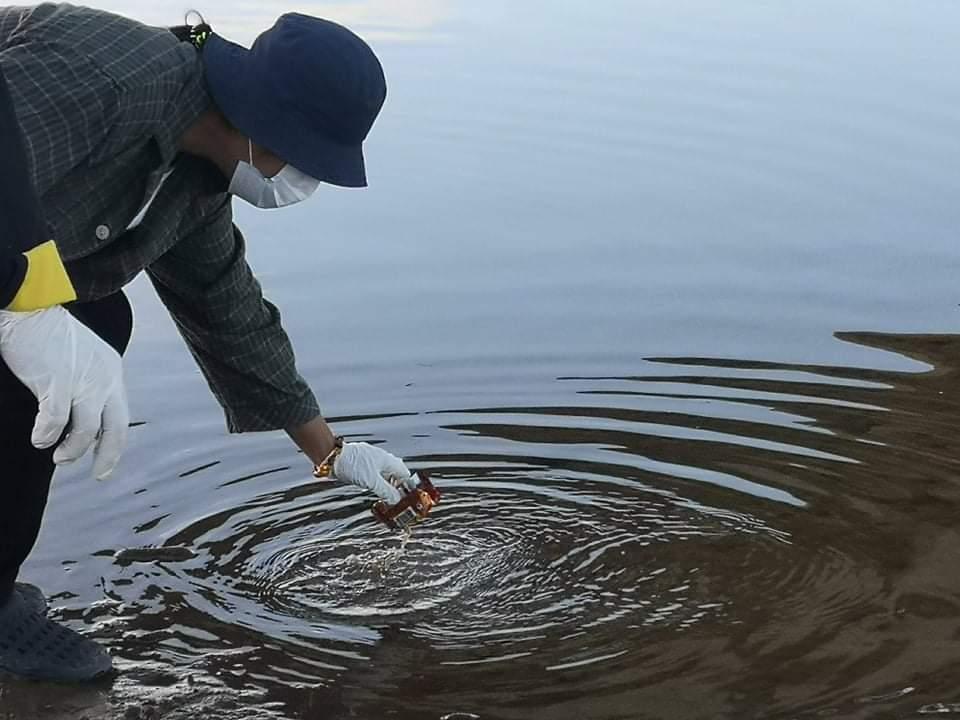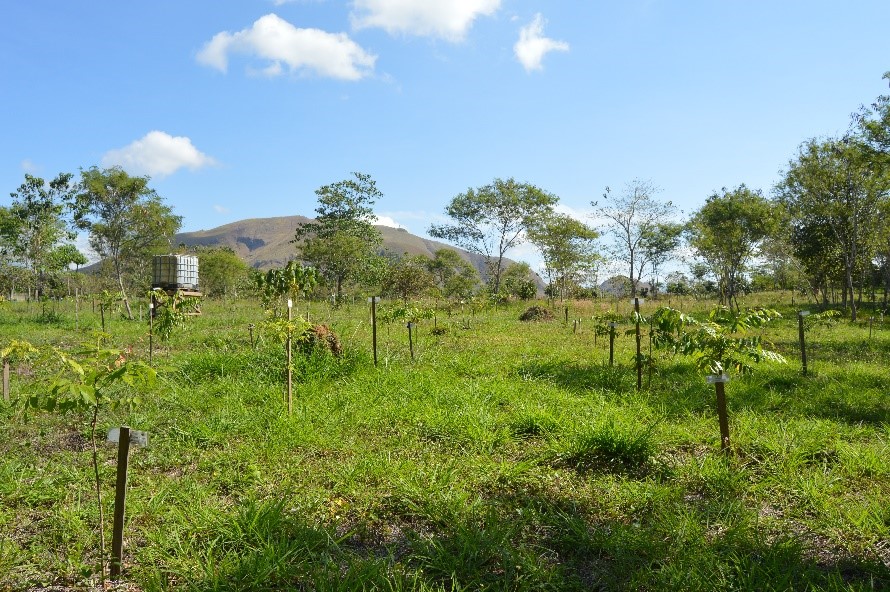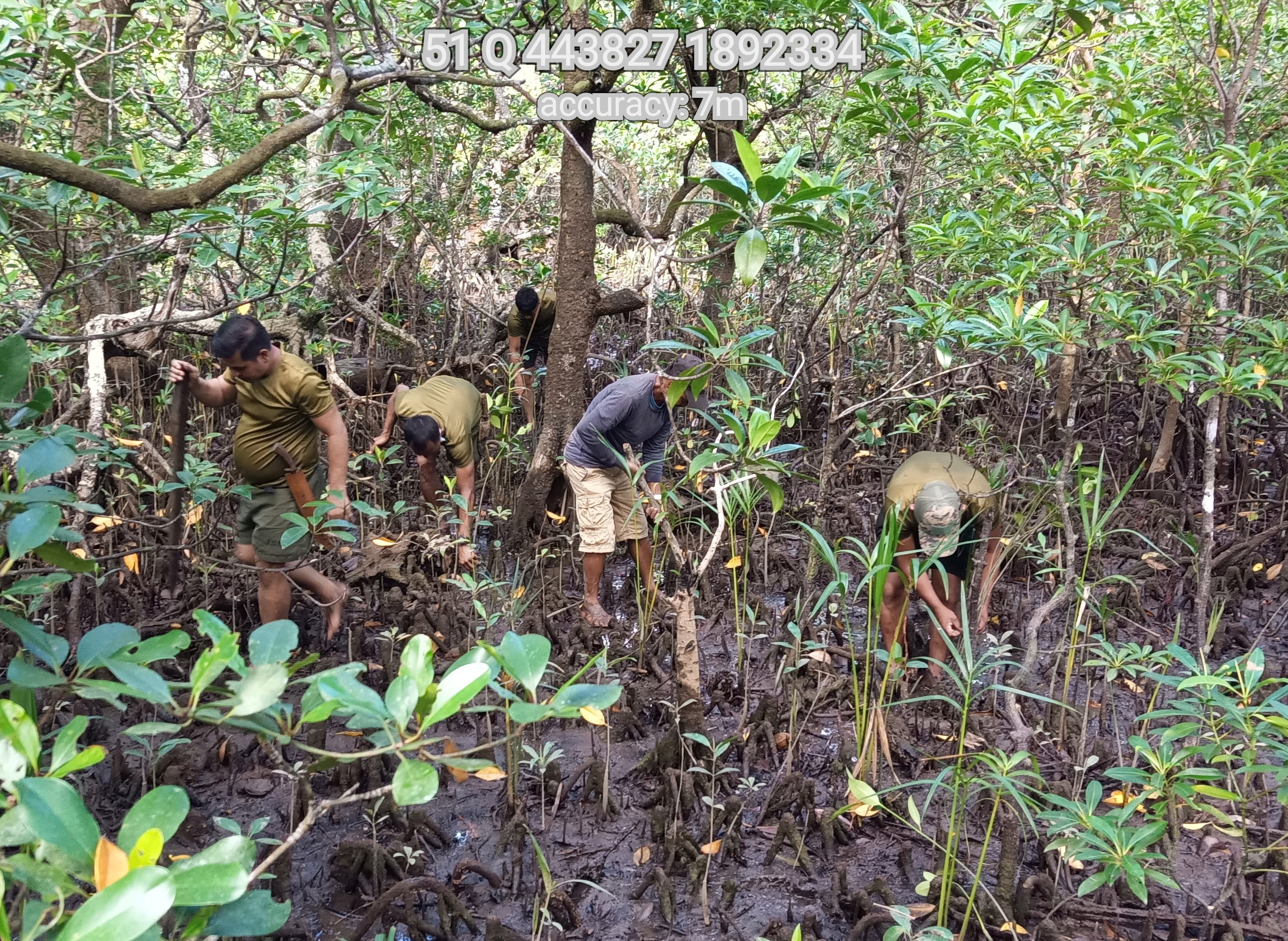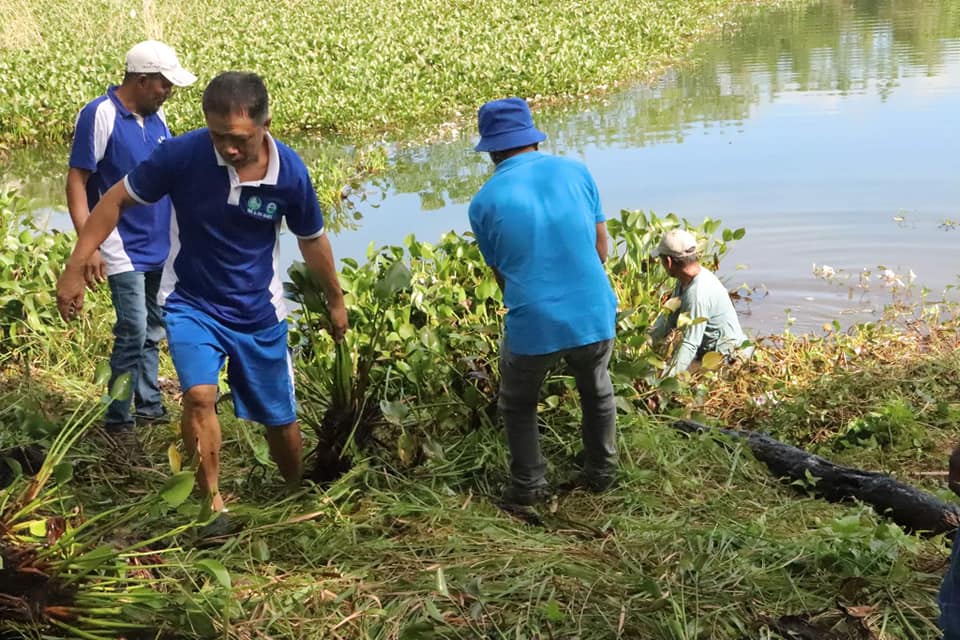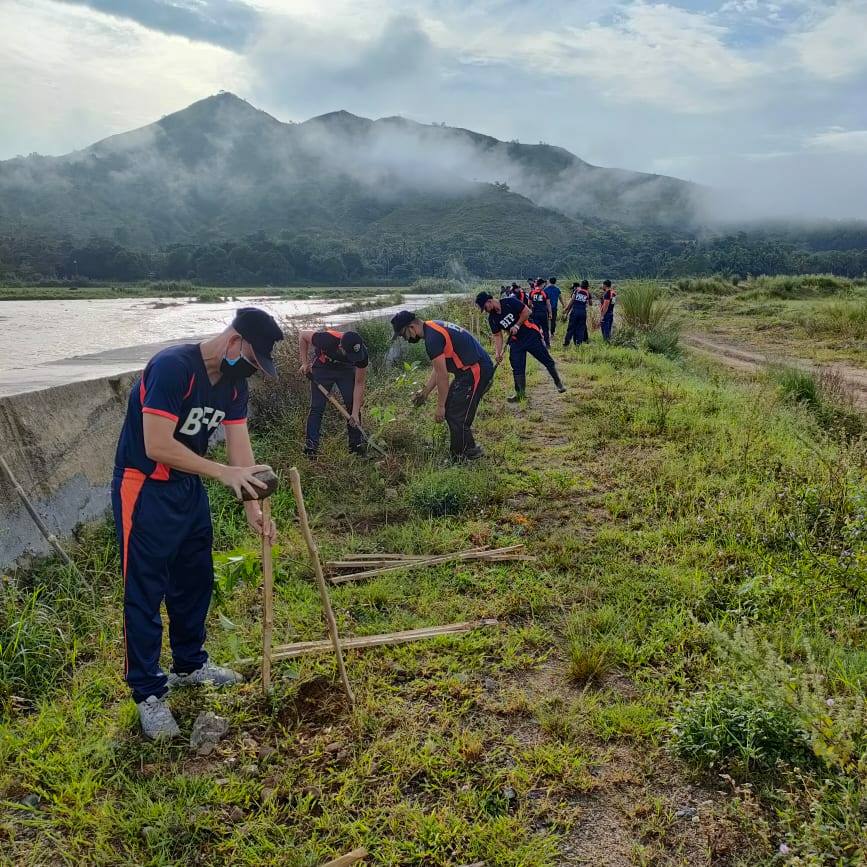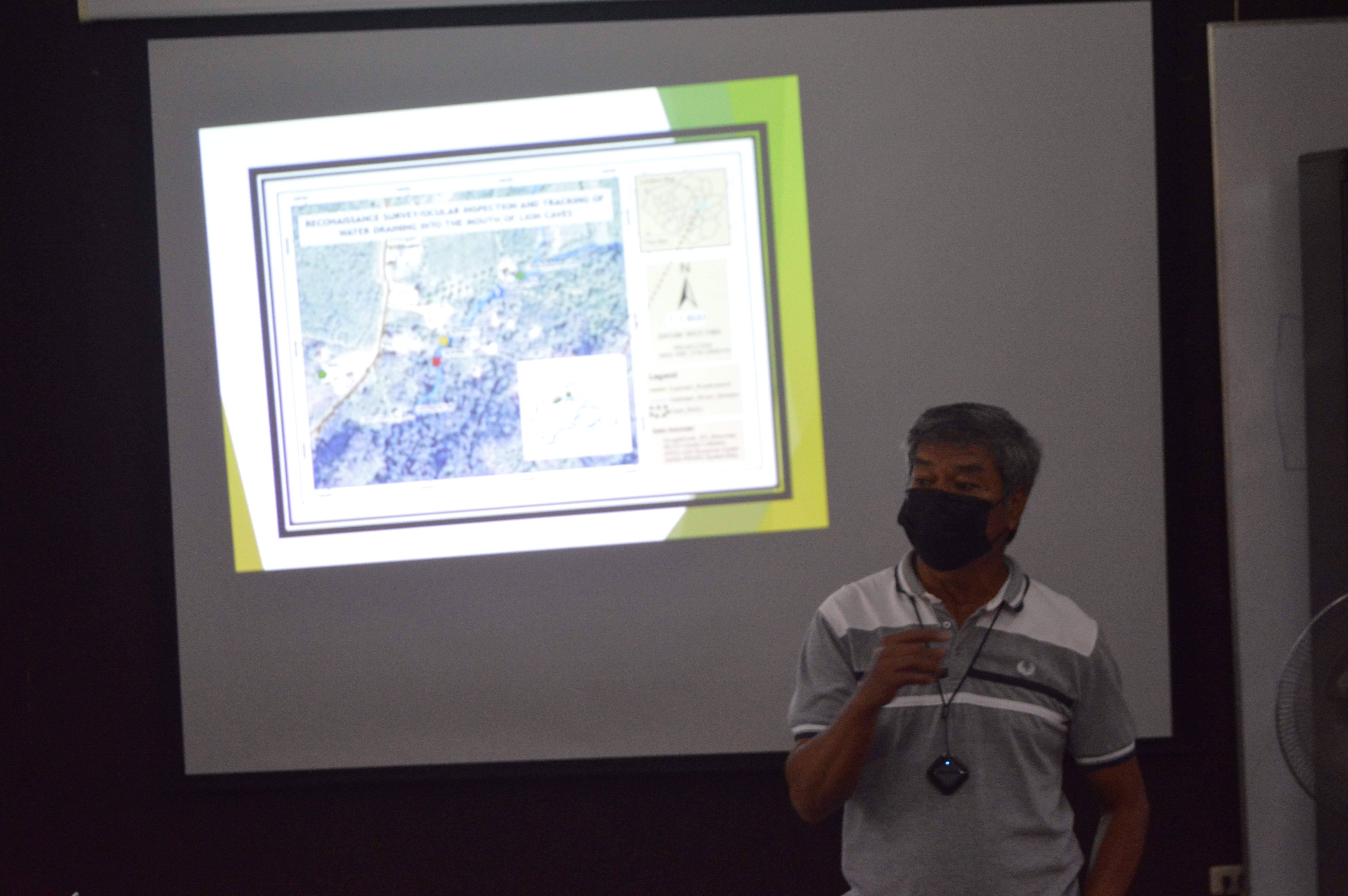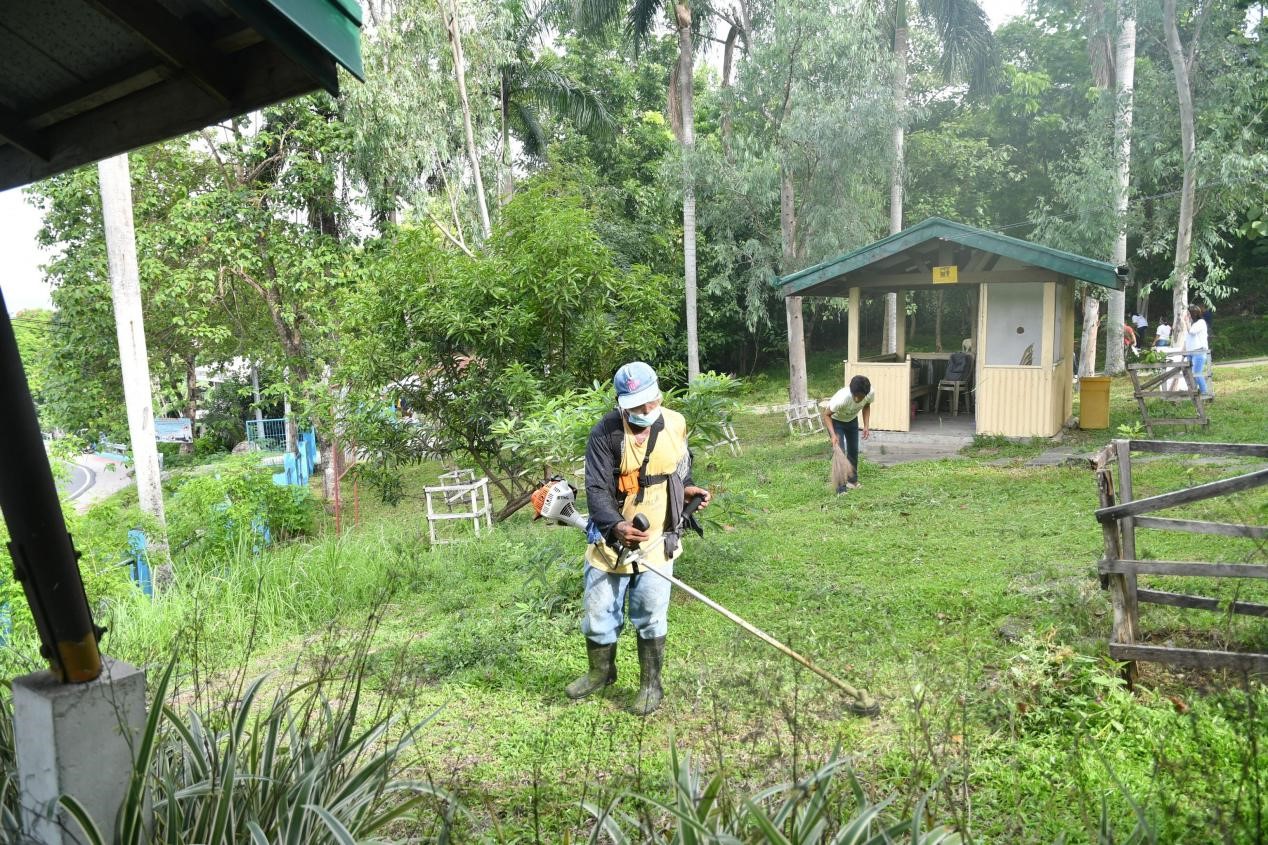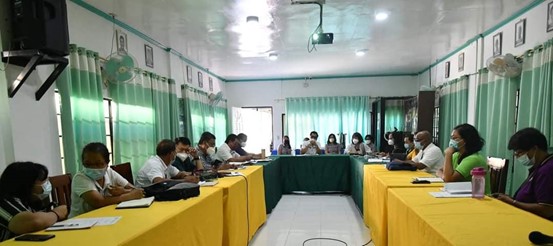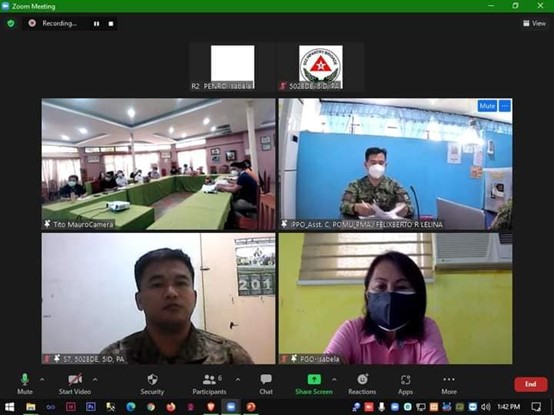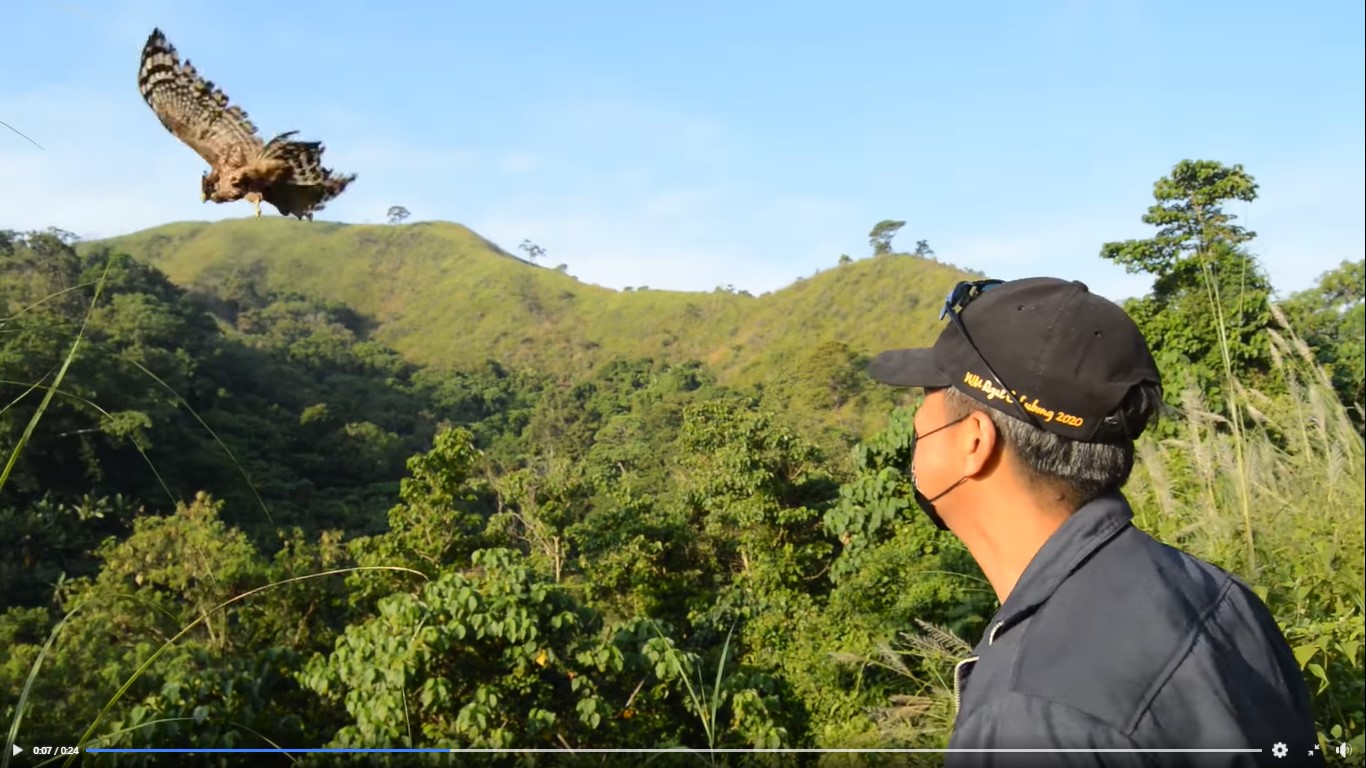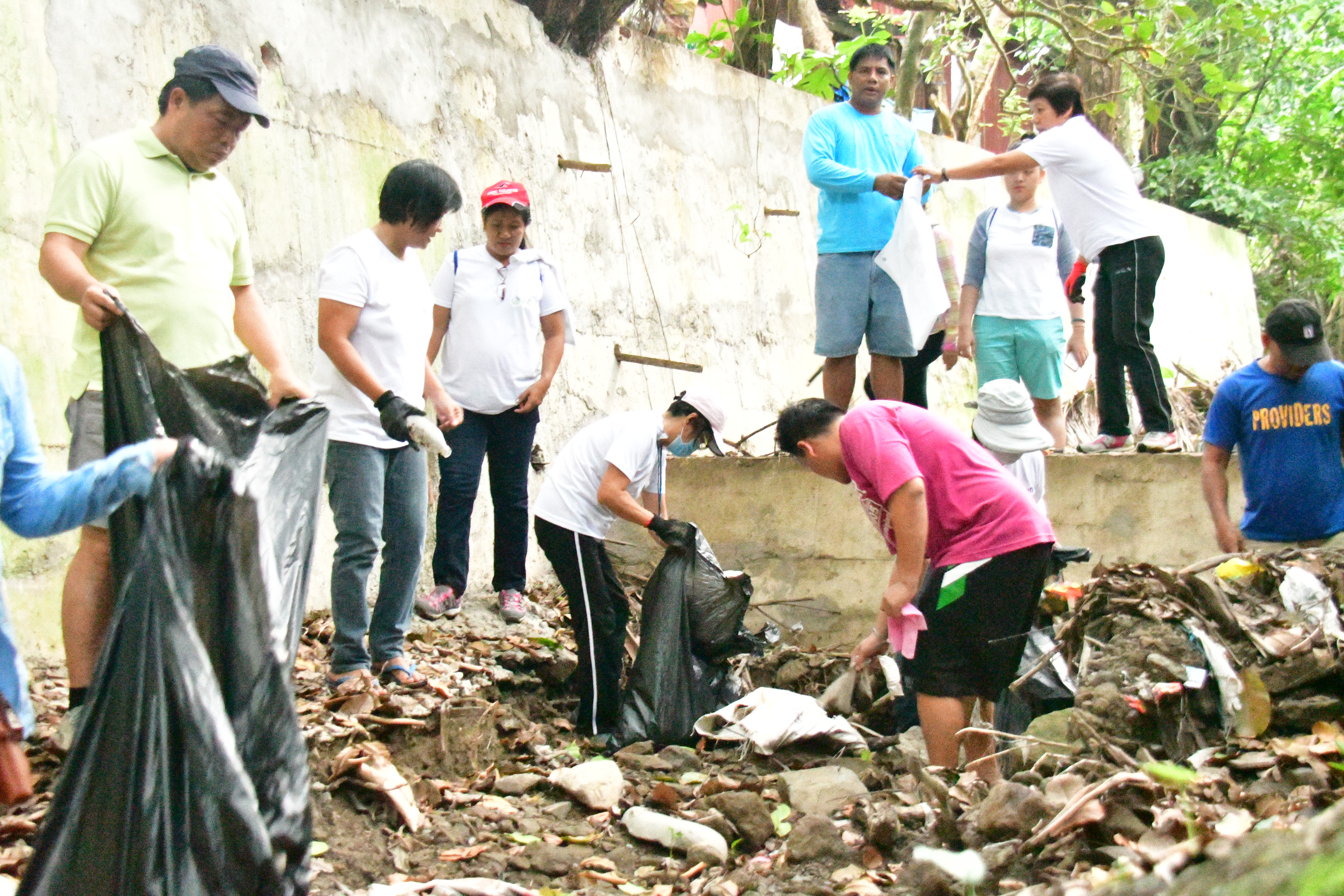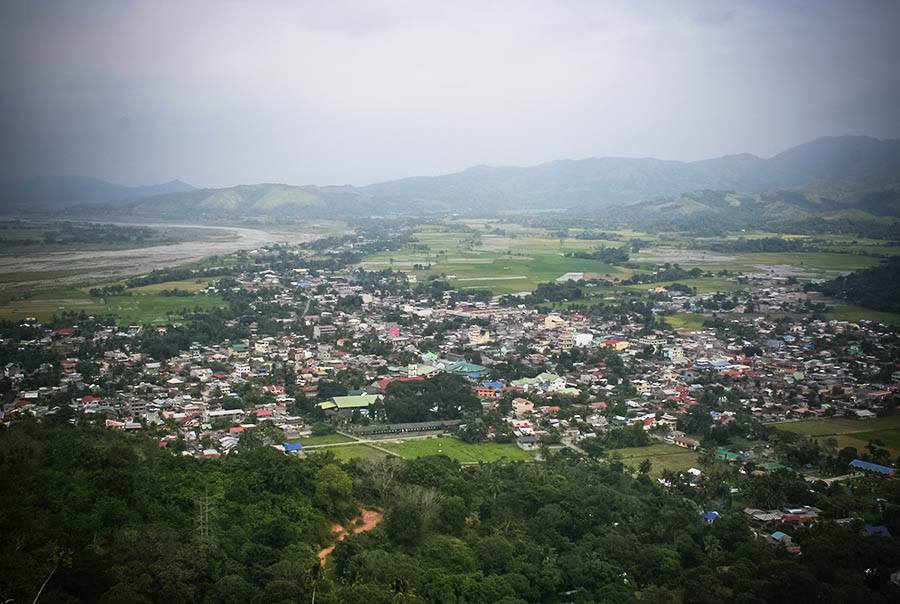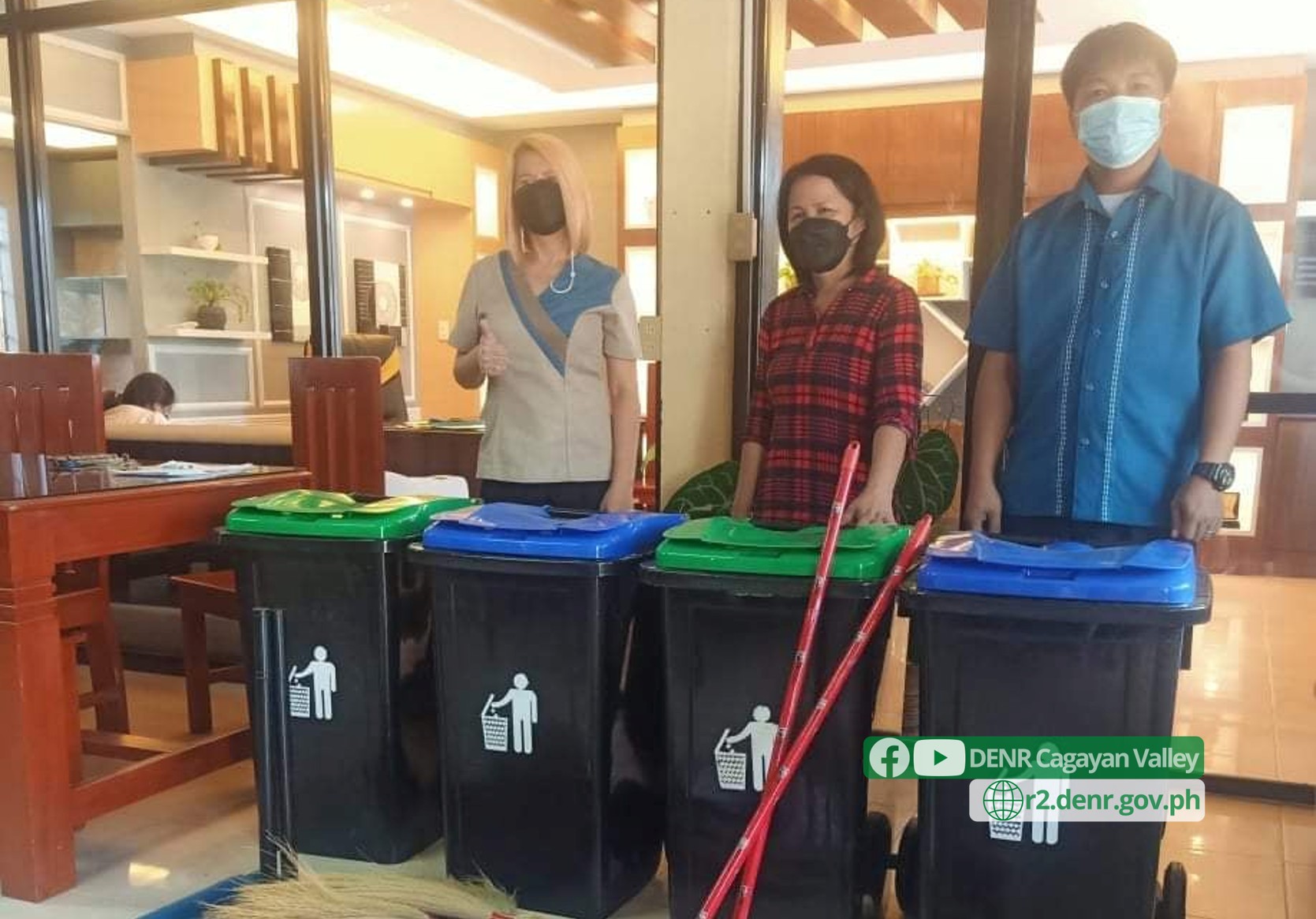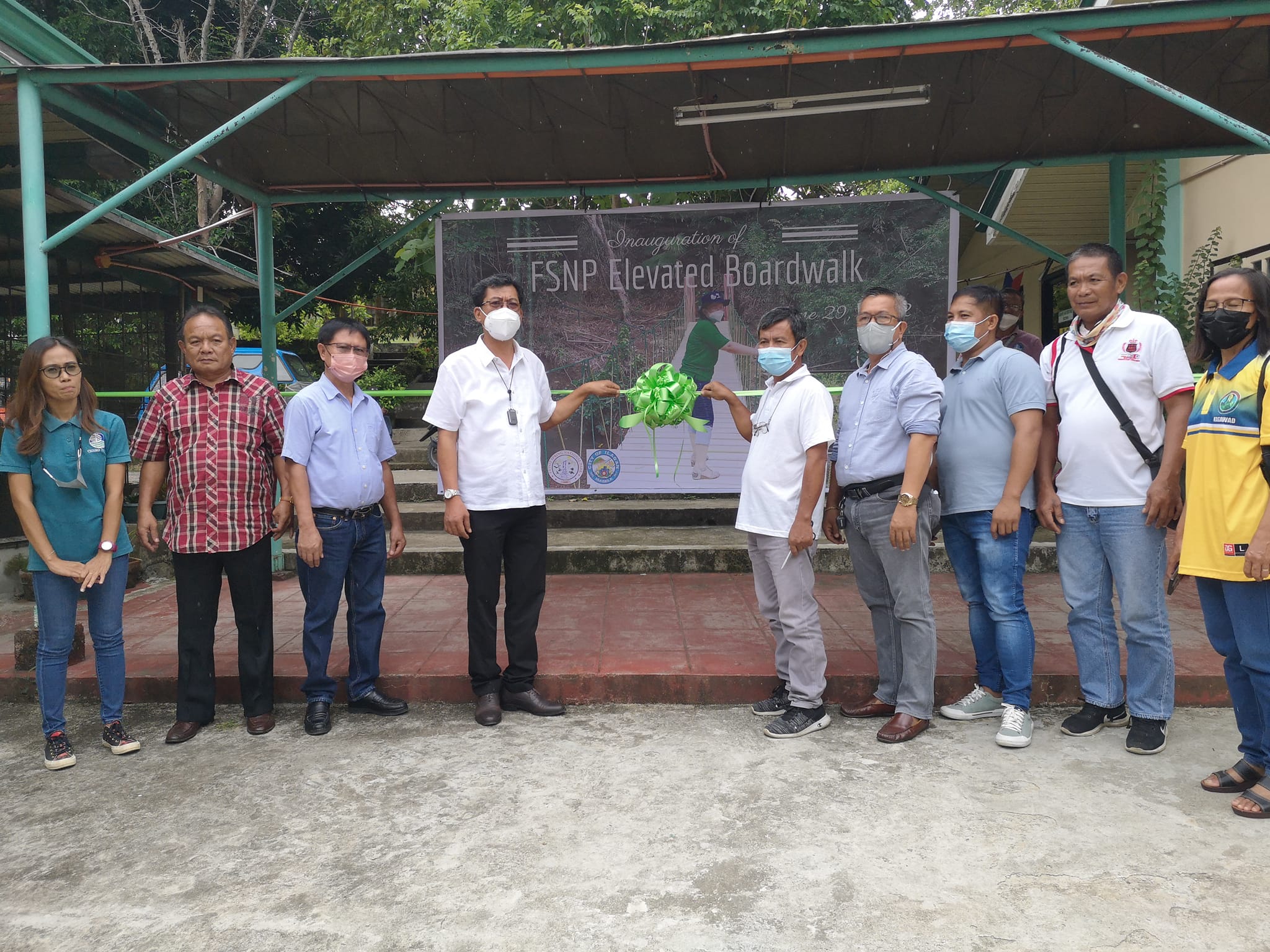The management of the country’s over 200 protected areas (PAs) – ranging from large natural parks, landscapes and seascapes, to wildlife and marine life sanctuaries – has enjoyed significant gains with strong support from the Aquino administration, according to Environment Secretary Ramon J.P. Paje.
“The support provided by the present administration for PA management has been exponential, not only in terms of budget allocation but in legislation and strategies to enhance conservation and development,” Paje said.
According to the environment chief, such support could not be discounted given the immense role of PAs in providing services that address pressing challenges such as food and water security, health and well-being, disaster risk reduction and climate change mitigation.
Paje, however, said several challenges remain in the management of conservation areas. Among these are the inclusion of PA management in the planning and budgeting of local government units (LGUs); the scaled-up development of management capacities including financing; and decision-making that are based on science.
He cited how the budget allocation increased from P100 to P600 million in 2014 for the management of 240 PAs spanning 5.4 million hectares nationwide.
Allocations for coastal and marine areas and resources have been increased to improve their resilience, as well as that of coastal communities and marine-dependent livelihoods, to climate change impacts.
The government has also established the Integrated PA Fund (IPAF) Retention Income Account, which retains 75 per cent of revenues generated by PA for use by the PA Management Boards in their rehabilitation and protection efforts. The remainder of the IPAF is remitted to the National Treasury.
Paje likewise cited the DENR’s strong representation in Congress to push for the passage of the Enhanced National Integrated Protected Areas System or ENIPAS Act. The law addresses system-wide issues and adopts the concept of ecosystem-based adaptation to comply with the Philippines’ commitment to the Paris Agreement on Climate Change.
A record 175 countries had ratified the Agreement in New York and committed to primarily reduce greenhouse gas emissions to keep the global temperature at less than 2 degrees Celsius above pre-industrial levels.
The DENR, through its attached agency, the National Mapping and Resource Information Authority, has already completed the delineation of all PAs. Complementing this is the prioritization of 39 PAs for resource assessment, habitat protection, sustainable financing, and support to the operations of the Protected Area Management Boards.
With the Philippines being party to the Convention on Biological Diversity, the DENR’s Biodiversity Management Bureau has updated the Philippine Biodiversity Strategy and Action Plan for the implementation of the Aichi Biodiversity Targets from 2016 to 2028.
The 20-point Aichi Biodiversity Targets provides an overarching framework for all member-countries of the United Nations and their partners engaged in biodiversity management and policy development. #

